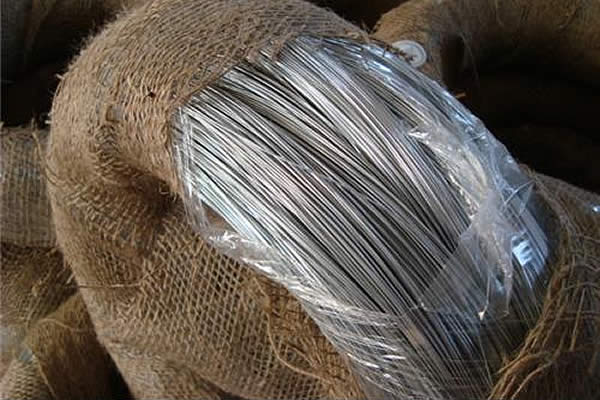 TEL:
+86-13102802206
TEL:
+86-13102802206
 Email:
fencenetting@china.com
Email:
fencenetting@china.com
 Language
Language
 TEL:
+86-13102802206
TEL:
+86-13102802206
 Email:
fencenetting@china.com
Email:
fencenetting@china.com
 Language
Language


Gabion Walls and Retaining Walls An Overview
In the realm of civil engineering and landscape design, retaining structures play a critical role in managing slopes and ensuring the stability of various terrains. Among the myriad types of retaining walls designed to hold back soil and prevent erosion, gabion walls have emerged as a preferred choice due to their durability, environmental benefits, and aesthetic versatility.
What are Gabion Walls?
Gabion walls are structures composed of wire mesh cages filled with stones or other materials. The term gabion originates from the Italian word gabbione, meaning big cage. Traditionally used in military applications for fortifications, gabions have evolved into an essential tool for civil projects, particularly in landscaping and erosion control. These structures can be constructed in various shapes and sizes, making them adaptable for different site conditions and design preferences.
How Gabion Walls Work
The primary function of a gabion wall is to resist lateral earth pressure and prevent soil erosion on slopes and riverbanks. The weight of the stones within the gabions, combined with the interlocking nature of the filled cages, provides a robust solution to managing soil retention. Unlike traditional concrete retaining walls, gabion walls allow water to flow through their structure, which reduces hydrostatic pressure buildup behind the wall and minimizes the risk of failure during heavy rainfall or flooding events.
Advantages of Gabion Walls
1. Sustainability Gabions are often seen as environmentally friendly structures. They can be filled with locally sourced stones, reducing the carbon footprint associated with transporting construction materials. Additionally, the voids between the stones can promote vegetation growth, allowing the wall to blend seamlessly into the surrounding landscape.

2. Aesthetic Appeal Gabion walls can be designed to fit various aesthetic criteria. The natural stone fill provides a rustic look, while the modular structure enables creativity in design. Different colors, sizes, and shapes of stones can be utilized to create visually striking features in parks, gardens, and commercial landscapes.
3. Cost-Effectiveness Gabion walls can be more affordable compared to traditional retaining walls. Their construction requires fewer materials and less specialized labor. Additionally, their long lifespan and low maintenance requirements contribute to overall cost savings.
4. Flexibility Gabion walls can be easily adapted to changes in design or site conditions. They are ideal for projects involving uneven terrain, steep slopes, or challenging environmental conditions. Moreover, gabion walls can be integrated into various engineering systems, enhancing their functionality.
5. Erosion Control Due to their permeability, gabion walls effectively reduce soil erosion. They can stabilize riverbanks, manage drainage, and protect against the adverse effects of water runoff. By absorbing and redirecting water, these structures contribute to enhanced ecological balance in affected areas.
When to Use Gabion Walls vs. Retaining Walls
While gabion walls offer numerous advantages, it’s essential to determine when to use them over traditional retaining walls. Retaining walls made from materials like concrete or masonry are often preferred for locations requiring greater load-bearing capacity or specific architectural designs. In contrast, gabion walls are ideal for projects that prioritize sustainability, aesthetics, and cost-effectiveness, especially in natural environments featuring slopes and water bodies.
Conclusion
Gabion walls represent a fusion of functionality and aesthetic appeal, providing an effective solution for erosion control and slope stabilization. Their flexibility, sustainability, and cost-effectiveness make them an attractive option for civil engineers and landscape architects alike. As the demand for environmentally friendly construction solutions continues to rise, gabion walls are likely to play an increasingly prominent role in future landscaping and engineering projects, enhancing the beauty and stability of our landscapes while respecting the natural environment.